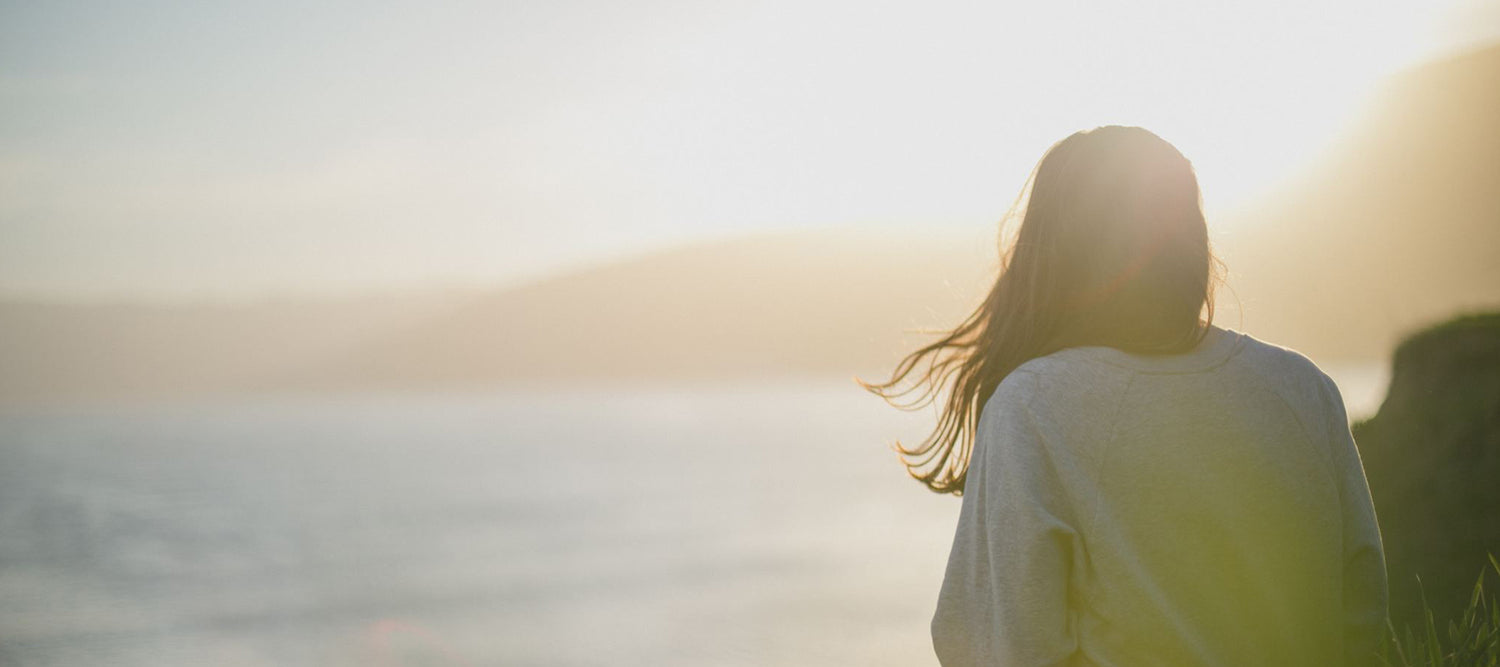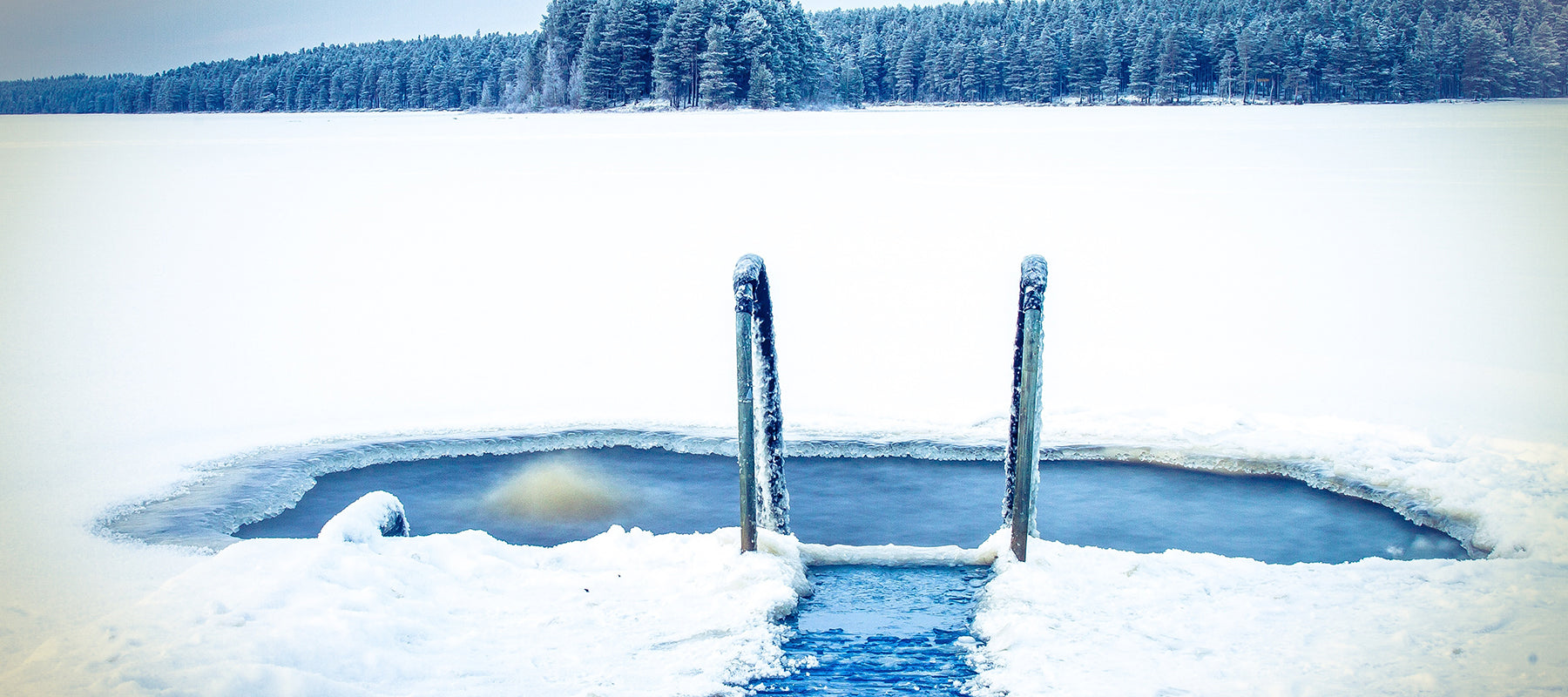There is no question about the healing, rejuvenating power of nature. Who hasn’t felt instantly better after spending some time in the woods, at the beach, even a neighborhood stroll after dinner to get some fresh air?
Nature is everywhere, and it is an incredibly accessible way to increase our well-being, vitality and sense of connection.
Here are the most popular ways to bring the natural world to you!
1. Forest Bathing

Photo by Phil DuFrene on Unsplash
The Japanese practice of shinrin yoku, or Forest Bathing, is good for both physical and mental wellbeing. It is proven to reduce stress hormone production, improve feelings of happiness and free up creativity, as well as lower heart rate and blood pressure, boost the immune system and accelerate recovery from illness.
2. Earthing

Photo by Matthias Gellissen on Unsplash
Earthing (or grounding) refers to the discovery of benefits—including better sleep and reduced pain—from walking barefoot outside or sitting, working, or sleeping indoors connected to conductive systems that transfer the Earth's electrons from the ground into the body. Throughout history, humans mostly walked barefoot or with footwear made of animal skins, and we slept on the ground or on skins. This way, the ground's abundant free electrons were able to enter the body, which is electrically conductive. Through this mechanism, every part of the body can reach equilibrium with the electrical potential of the Earth, thereby stabilizing the electrical environment of all organs, tissues, and cells.
3. Morning and afternoon sunlight

Photo by Mohamed Nohassi on Unsplash
Mindful sun exposure is one of the pillars of our evolution - we evolved under the sun and in close connection with its cycles. In fact, one of the most effective ways to reset and regulate our circadian rhythm (our 24-hour sleep/wake cycle) is through morning (within an hour of sunrise) and afternoon (within an hour of sunset) sun exposure. 5 to 20 minutes of sun (depending on your skin tone and tolerance based on previous exposure) are enough to regulate your melatonin production for more restorative sleep; cortisol secretion for stress and weight management and of course vitamin D synthesis for strong bones and a healthy immune system.
Ideally, we would expose our whole body to the sun, however this can be difficult or inconvenient in populated areas (or really cold weather, although we could “stack” sun and cold thermogenesis!), so make sure you expose your eyes without any glasses or contact lenses and as much skin as possible. It’s important to note that it is not necessary to look directly INTO the sun - a practice known as sungazing -, it is sufficient to direct our eyes in the direction of the sun without looking directly at it.
4. Wildlife observation

Photo by Mitchell Luo on Unsplash
This is the practice of noting the abundance of animal or plant species at a specific location and time, simply for recreation. It is not necessary to go to a natural reserve or forest to do it, it can be enjoyed in a city park, outside our office window or outside our home and in our garden. Birds, plants, insects - wildlife is everywhere and it reminds us of the interconnection of all beings, including ourselves.
5. Sit Spot

Photo by Dexther White on Unsplash
Not to be confused with meditation (although it certainly can turn into one), this practice simply involves sitting quietly in nature over a determined period of time, connecting to our senses and simply being. If we don’t have “wild” nature nearby, houseplants or water sounds can serve as reminders of nature, wherever we are.





Leave a comment
All comments are moderated before being published.
This site is protected by hCaptcha and the hCaptcha Privacy Policy and Terms of Service apply.